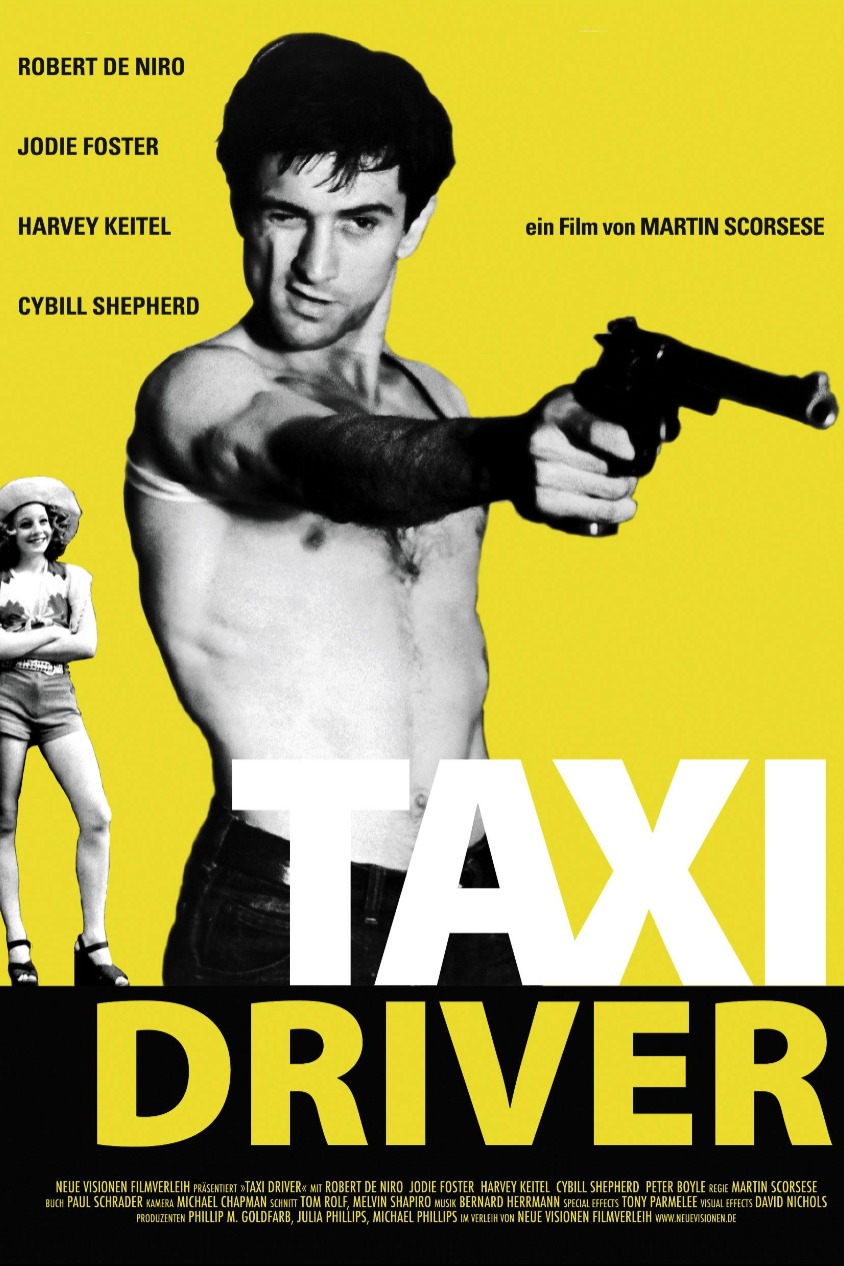
Personal info
Known for
Actor
Gender
Male
Birthday
13 May
Location
New York, United States
Edit pageHarvey Keitel
Biography
Harvey Keitel (born 1939) is an American actor widely regarded as one of the most compelling and intense performers of his generation. With a career spanning over five decades, Keitel has built a reputation for his fearless portrayals of morally ambiguous characters, often bringing a raw, visceral honesty to the screen that has made him a favorite of auteur directors.
Born on May 13, 1939, in Brooklyn, New York, to Jewish immigrant parents from Poland and Romania, Keitel's early life was marked by a strong sense of his working-class roots. At 17, he enlisted in the U.S. Marine Corps, serving in Lebanon in 1958. This experience, as he has often noted, instilled in him a discipline and understanding of darkness that would later inform his acting. After his discharge, he worked as a court stenographer before pursuing his passion for acting. He studied at the renowned Actors Studio under Lee Strasberg and Stella Adler, honing the method acting techniques that would define his style.
Keitel's career is intrinsically linked to the "New Hollywood" movement of the 1970s, where he quickly became a muse for emerging filmmakers. His seminal collaboration with Martin Scorsese began with the director's first feature, "Who's That Knocking at My Door" (1967). This partnership blossomed with iconic roles in Scorsese's early masterpieces:
- "Mean Streets" (1973): As Charlie, a small-time hood navigating the moral complexities of Little Italy, Keitel delivered a powerful performance that established his intensity.
- "Alice Doesn't Live Here Anymore" (1974): Playing an abusive husband, he showcased his ability to portray volatile characters.
- "Taxi Driver" (1976): His role as Sport, the pimp to Jodie Foster's Iris, was a chilling and memorable portrayal in one of cinema's most influential films.
- He later reunited with Scorsese for "The Last Temptation of Christ" (1988) as Judas and "The Irishman" (2019) as Angelo Bruno.
Despite his early success, the 1980s saw Keitel's career waver somewhat, with many of his films finding more traction in Europe. However, the 1990s marked a significant resurgence and a new wave of iconic roles that cemented his status:
- "Bugsy" (1991): His portrayal of gangster Mickey Cohen earned him an Academy Award nomination for Best Supporting Actor.
- "Thelma & Louise" (1991): In a rare sympathetic role, he played the detective pursuing the titular duo.
- "Reservoir Dogs" (1992): He served as an executive producer and starred as Mr. White, a complex and devoted criminal, in Quentin Tarantino's groundbreaking debut. This film helped relaunch his career and introduced him to a new generation of audiences.
- "Bad Lieutenant" (1992): In a fearless and raw leading performance, Keitel played a corrupt, drug-addicted detective in Abel Ferrara's controversial film, showcasing his willingness to push boundaries.
- "The Piano" (1993): He delivered a nuanced and vulnerable performance as George Baines in Jane Campion's acclaimed drama, earning him a BAFTA Award.
- "Pulp Fiction" (1994): He again collaborated with Tarantino, delivering a memorable turn as Winston "The Wolf" Wolf, a slick cleaner of messy situations.
Keitel is known for his immersive approach to acting, often delving deep into the psychology of his characters. His distinctive Brooklyn accent, gruff delivery, and intense gaze have become his trademarks. Beyond his work with Scorsese and Tarantino, he has collaborated with a diverse range of acclaimed directors, including Ridley Scott ("The Duellists"), Wes Anderson ("Moonrise Kingdom," "The Grand Budapest Hotel"), and James Toback.
In addition to his prolific acting career, Keitel has also served as co-president of the Actors Studio (alongside Al Pacino and Ellen Burstyn) for over two decades, demonstrating his commitment to the craft and nurturing new talent.
Harvey Keitel's enduring legacy lies in his unwavering dedication to authenticity and his ability to bring a compelling, often unsettling, humanity to even the darkest of characters, making him one of the most respected and unforgettable figures in contemporary cinema.


